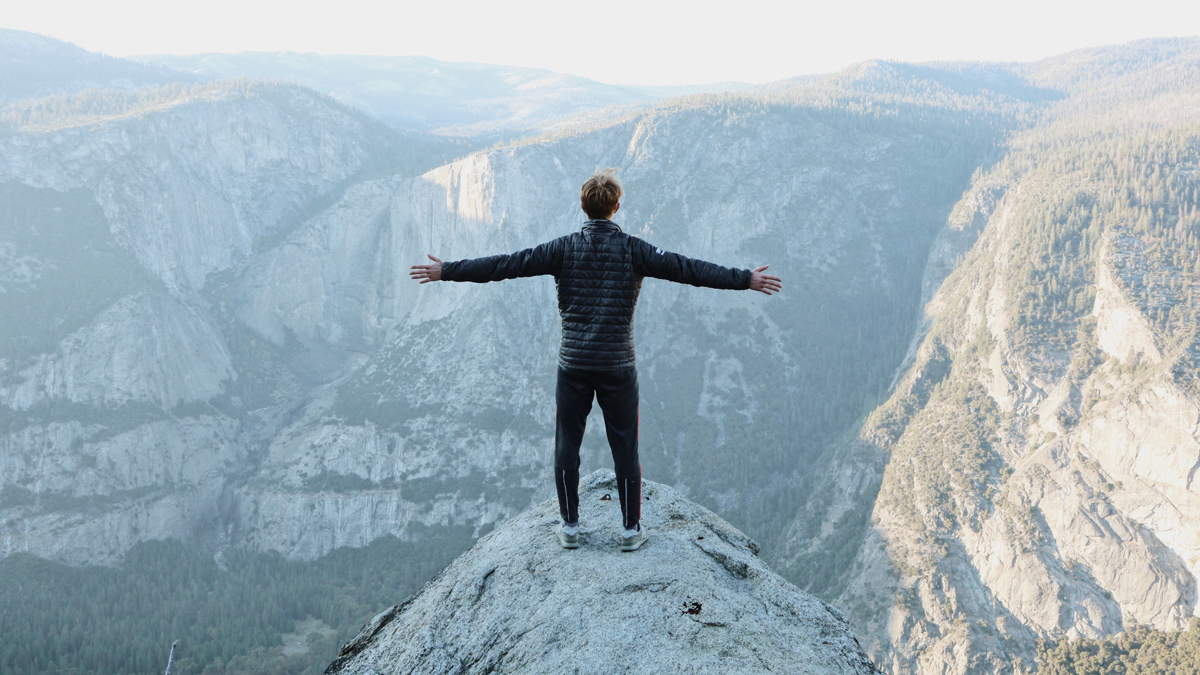Samuel Zwemer wrote a benchmark article in 1949 in the Princeton Review entitled, “The Glory of the Impossible.” In it he described that Christians needed to renew their love for Muslims and God’s vision for the salvation of mankind, in spite of the difficulty or even impossibility of our circumstances.
In a rather harsh and critical rebuke of the audience, Jesus told the man with a chronically, demon-possessed son that, in spite of the apparent disappointment of mature disciples who could not heal his dilemma, that faith in a living God made the impossible, possible. He later told his closest friends that with faith, “Nothing will be impossible to you.”
There are two dangers in impossibility thinking—one is the danger of claiming too much (grandiose dreams), the other the real dilemma of attempting too little. After all, doing nothing is quite normative; it’s the going rate.
We are much more apt to claim too little than too much. We will generally not attempt too much, step out too much, or risk too much. Failure is always the precipice on which we are perched. We don’t want others to see us fall into the abyss because God was never in our ‘impossible’ declarations after all. Consequently, we don’t move in the realm of faith.
This is the real tragedy. We don’t live by faith because we really don’t trust the living God. Our churches, our programs, our conduct is altogether human, too human. Since we are surrounded by so great a cloud of compromised Christians, we ourselves default to a level of mediocrity that does not look like the mighty faith of the New Testament.
In describing the immensity of the task of the church in reaching the world for Christ, John Piper says that, “our souls have shrunk to the level of our concerns.…” How sad is that?
Those poor disciples, for all their faults, do go to Jesus in private asking him how come they could not cast out the demon. He said it was a faith issue. They were twisted and faithless. Those are the words he used.
We cannot live there! That is not where the New Testament ends. It calls us to triumph, to expectation, to impossibility.
My friend Al Gary was fond of asking in his missions’ conferences, “Will God ask you to do something that is too big and that you cannot accomplish?” The people would answer, “No. Of course not.”
“Well,” he would say, “sure He would, and He usually always does, if it is really from Him. If you could do it, you would get the glory. If it is a God-sized task and there is no way you can do it, then He gets the glory when you succeed. He is the only one who can do it.”
This is where I want to live–in the impossible.


